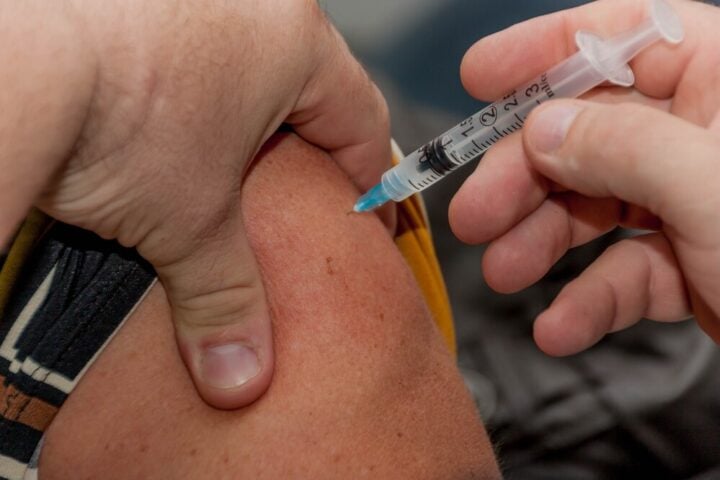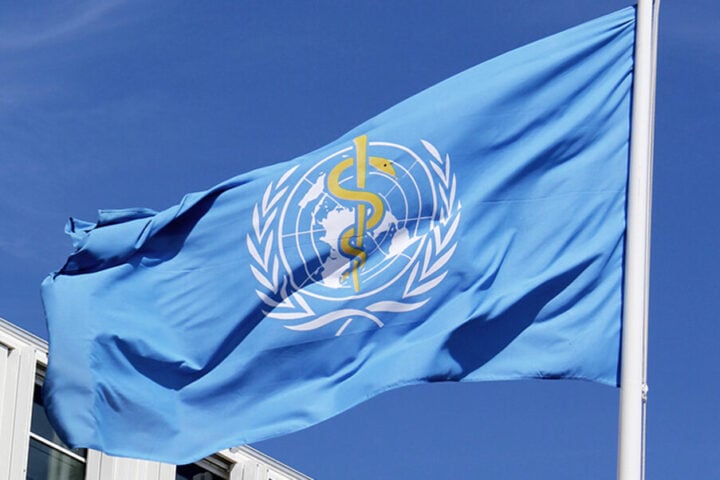The U.S. government is stepping up its fight against bird flu by investing $590 million in Moderna’s vaccine development program. This latest funding, announced Friday, builds on an earlier $176 million investment made in July 2024.
“Avian flu variants have proven to be particularly unpredictable and dangerous to humans in the past,” said HHS Secretary Xavier Becerra. “Accelerating the development of new vaccines will allow us to stay ahead and ensure that Americans have the tools they need to stay safe.”
The funding comes at a critical time. Since April 2024, 67 people in the United States have contracted bird flu, mostly farm workers exposed to infected poultry and dairy herds. While most cases have been mild, the first death was recently reported in Louisiana, highlighting the virus’s potential severity.
Moderna plans to use its proven mRNA technology – the same approach used in COVID-19 vaccines – to develop protection against H5N1 bird flu. The company will advance its experimental vaccine, called mRNA-1018, into phase 3 trials after seeing promising early results. The funding will also support research into vaccines against five additional types of pandemic flu.
While the Centers for Disease Control and Prevention (CDC) maintains that the risk to the public remains low, with no evidence of the virus spreading between people, health officials are taking precautions. The U.S. already keeps some H5N1 vaccines in its Strategic National Stockpile, but these use older technology.
Similar Posts
Beynd vaccine development, the Biden administration has committed an additional over $300 million to strengthen bird flu monitoring and preparation. This money will support hospital readiness, increased testing, and better tracking of new infections.
Using mRNA technology for vaccine development represents a significant advancement in medical science. Moderna’s prior success with this technology during the COVID-19 pandemic demonstrates its potential for creating effective vaccines.
For Moderna’s investors, the news sparked optimism, with company shares rising 5% to $35.8 in trading on Friday. However, the focus remains firmly on public health protection and preventing potential outbreaks.
Health officials emphasize the importance of collaboration between various stakeholders to protect human health, animal welfare, and food safety. With continued investment in modern vaccine technology and strong monitoring systems, the U.S. aims to stay ahead of any potential bird flu threats.



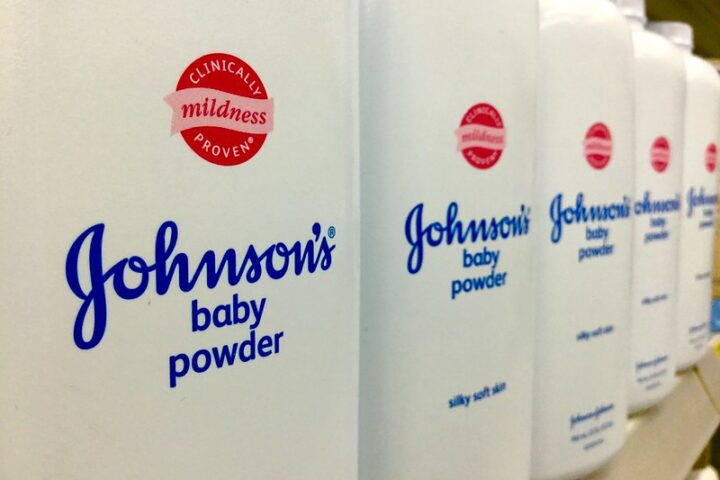

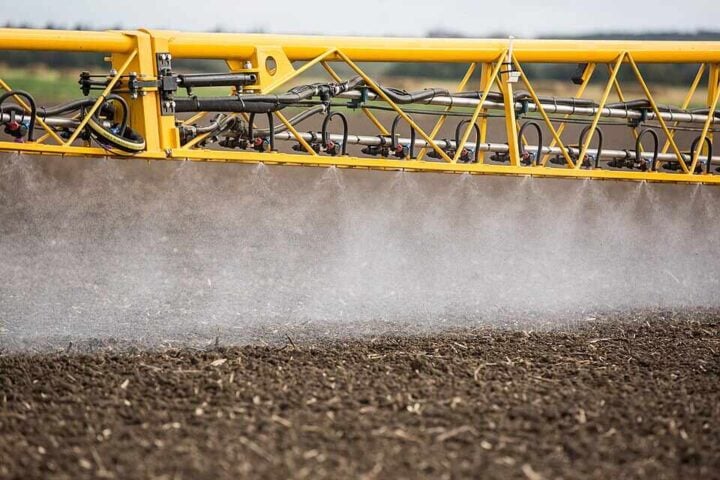
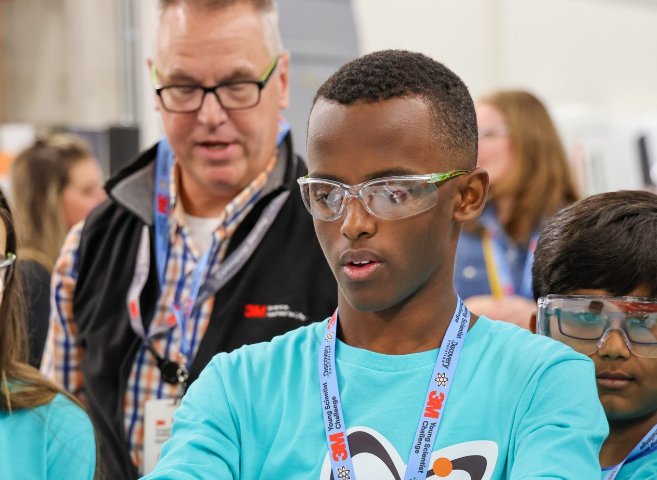


![Mina do Bugalho, Portugal [2011]. Photo Source: almoço no zé unta (CC BY-SA 2.0)](https://www.karmactive.com/wp-content/uploads/2025/05/500px-Portuguese_Lunch-500x480.jpg)





